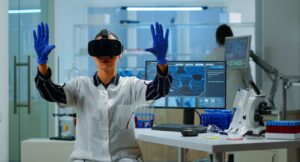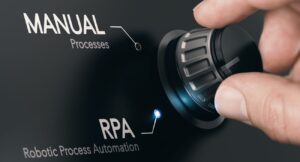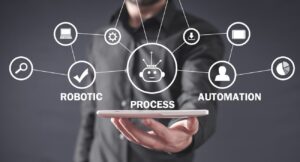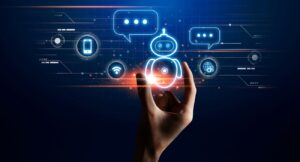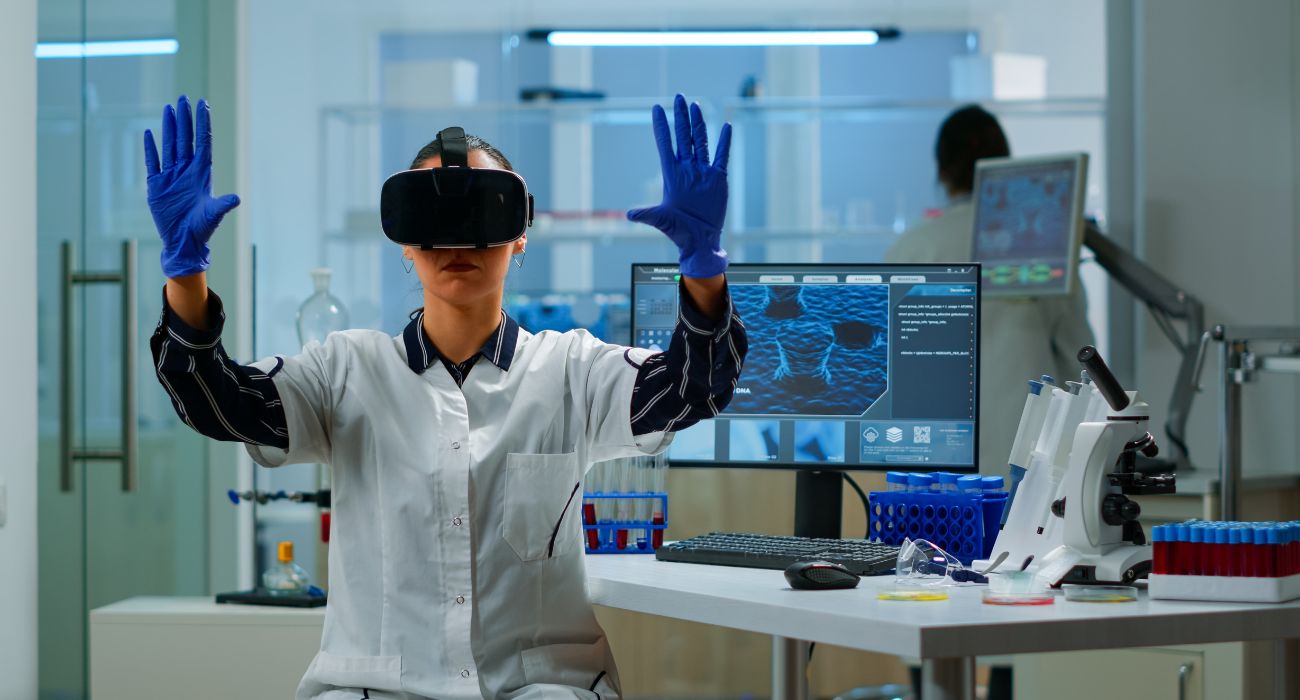
Introduction
Artificial Intelligence (AI) is transforming the healthcare landscape, with clinical laboratories emerging as a key area of innovation. AI refers to the simulation of human intelligence by machines, enabling them to process large volumes of data, identify patterns, and make predictions with increasing accuracy. This white paper explores AI’s evolution in clinical laboratories, its applications, benefits, and future potential.
AI in Healthcare
The integration of AI in healthcare has been a subject of interest for decades, particularly in diagnostics, prognosis, and treatment selection. With exponential growth in data availability and computational power, AI is now being applied across various healthcare sectors, including:
- • Scanning radiological and pathology images for early disease detection
- • Aiding in diagnoses through predictive analytics
- • Optimizing patient care outcomes using AI-driven data insights
AI in Clinical Laboratories
Clinical laboratories generate vast amounts of data, making them ideal candidates for AI-driven automation. AI applications in laboratories focus on diagnosis, therapy, and operational efficiency. As AI adoption expands, laboratories are leveraging emerging technologies for improved decision-making, disease monitoring, and patient safety.
Key AI Applications in Clinical Laboratories
- 1. Automated Spectral Analysis: AI models automate spectroscopic data analysis for disease detection. For instance, Mayo Clinic’s AI system classifies kidney stones with high accuracy.
- 2. Digital Image Analysis: AI-powered tools assist in microbiology, hematopathology, immunology, and forensic analysis. AI-driven fecal analysis is already in use at Mayo Clinic.
- 3. Data Entry Automation: AI automates laboratory data entry, creating standardized reports and integrating with Laboratory Information Systems (LIS).
- 4. Test Utilization Optimization: AI minimizes unnecessary testing by predicting results based on patient data, reducing redundancy and enhancing efficiency.
- 5. Quality Control: AI verifies test results for quality assurance and ensures consistent accuracy.
- 6. Operational Analytics: AI-driven analytics predict workflow volumes, staffing needs, and optimize laboratory instrumentation.
- 7. Interpretation & Diagnosis: AI aids in complex data interpretation, assisting in disease detection, such as tuberculosis screening via chest X-rays and cervical cancer diagnosis from Pap smear images.
The Potential of AI in Clinical Laboratories
AI’s impact in clinical laboratories extends beyond automation and efficiency. It is reshaping laboratory operations by integrating with advanced digital automation solutions, ensuring:
- Predictive AI: AI predicts health risks, standardizes data across labs, optimizes sample routing, and supports logistical decisions for opening or closing lab locations.
- Generative AI: AI enhances report generation, accelerates configuration and deployment, and simplifies complex data queries using natural language processing (NLP).
Conclusion
The future of clinical laboratories is heading towards increased automation and AI integration. These advancements promise improved healthcare outcomes, efficiency, and accuracy. However, ethical considerations, data privacy, and accountability frameworks must evolve alongside AI development. Continuous exploration and adaptation of AI applications will be crucial in maximizing its benefits in clinical diagnostics.
Avenir Insights
At Avenir Digital Inc, we are committed to pioneering AI-driven innovations in laboratory automation. Our focus is on leveraging AI to improve laboratory operations, streamline data analysis, and enhance patient care. Moving forward, we foresee AI playing a significant role in laboratory information systems and digital automation. As AI evolves, our team remains dedicated to researching and implementing AI solutions that add value to the laboratory space and drive healthcare advancements.
For more information on how RPAaaS can transform your business, contact us today.






